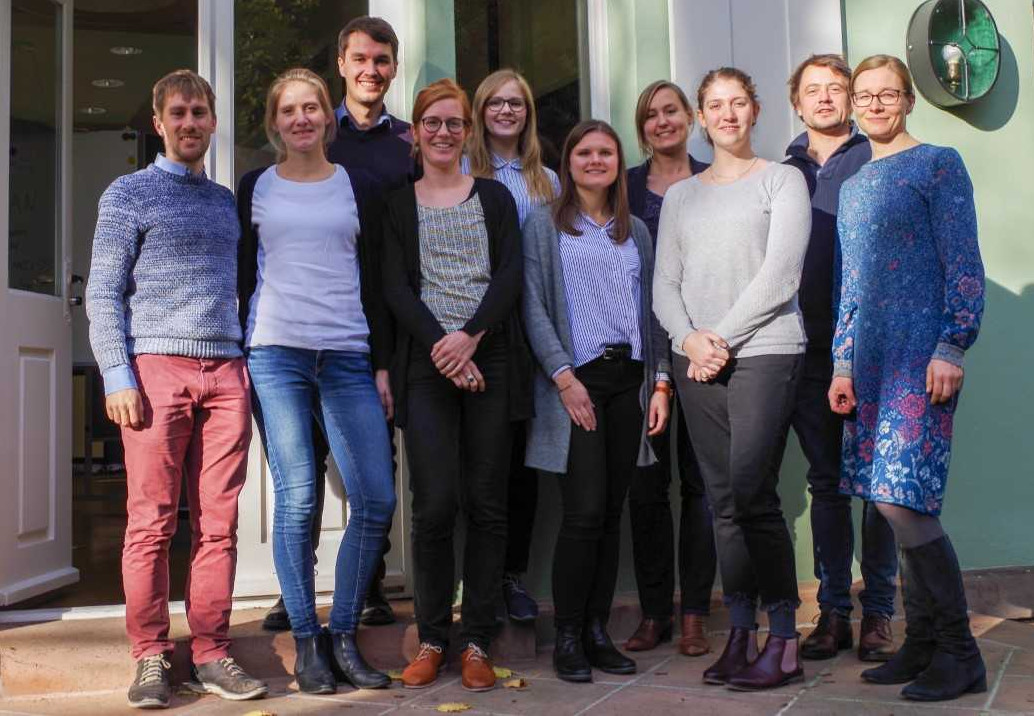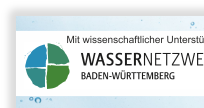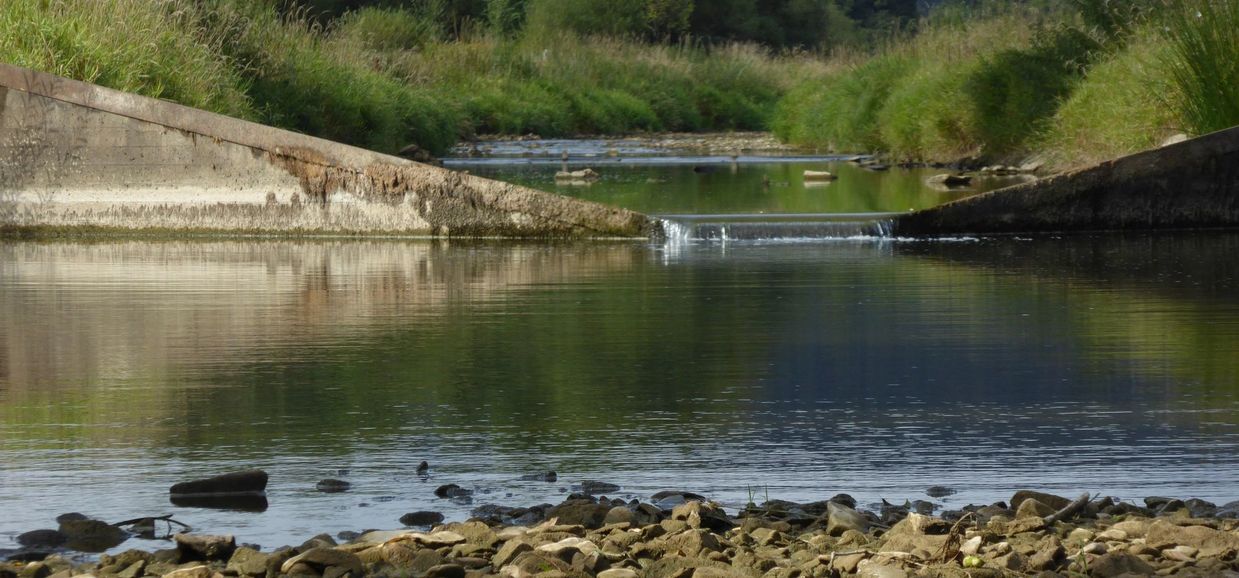Micropollutants are chemical substances present in very small concentrations (ng/L to μg/L) in waters due to anthropogenic activities. After their usage, micropollutants end up in wastewater and enter surface waters without being completely filtered in sewage treatment plants. Concentrations of micropollutants in surface waters have increased in the last decades, partly due to increasing consumption of pharmaceuticals and agricultural intensification.
Various scientific disciplines have conducted research on micropollutants in waters in the past. Biologists and ecotoxicologists have investigated potential negative effects of micropollutants on the aquatic ecosystem, toxicologists have examined potential effects on human health, and engineers have explored new filtration techniques to reduce the entry of micropollutants into waters. Due to these efforts, policymakers in some European countries have paid increasing attention to micropollutants and initiated a 'top-down' political process.
As the topic is now on the political agenda, the governance of micropollutants comes into play. Contamination by micropollutants represents a complex problem that challenges policymakers in their efforts to find adequate solutions since there are several unanswered political questions. This, in turn, makes it especially interesting to study from a social science perspective. To date, empirical studies analyzing the policy field from this perspective are scarce and several research gaps remain.
 This workshop aimed at bringing together researchers with different disciplinary backgrounds and an interest in the governance of micropollutants for water quality protection. By means of an interdisciplinary exchange of ideas, the aim was to outline remaining research gaps, discuss research questions and prepare the ground for future research collaborations. The format was open to discussion at the workshop.
This workshop aimed at bringing together researchers with different disciplinary backgrounds and an interest in the governance of micropollutants for water quality protection. By means of an interdisciplinary exchange of ideas, the aim was to outline remaining research gaps, discuss research questions and prepare the ground for future research collaborations. The format was open to discussion at the workshop.
The workshop was organized by Simon Schaub and Prof. Jale Tosun (Institute of Political Science, Heidelberg University).


